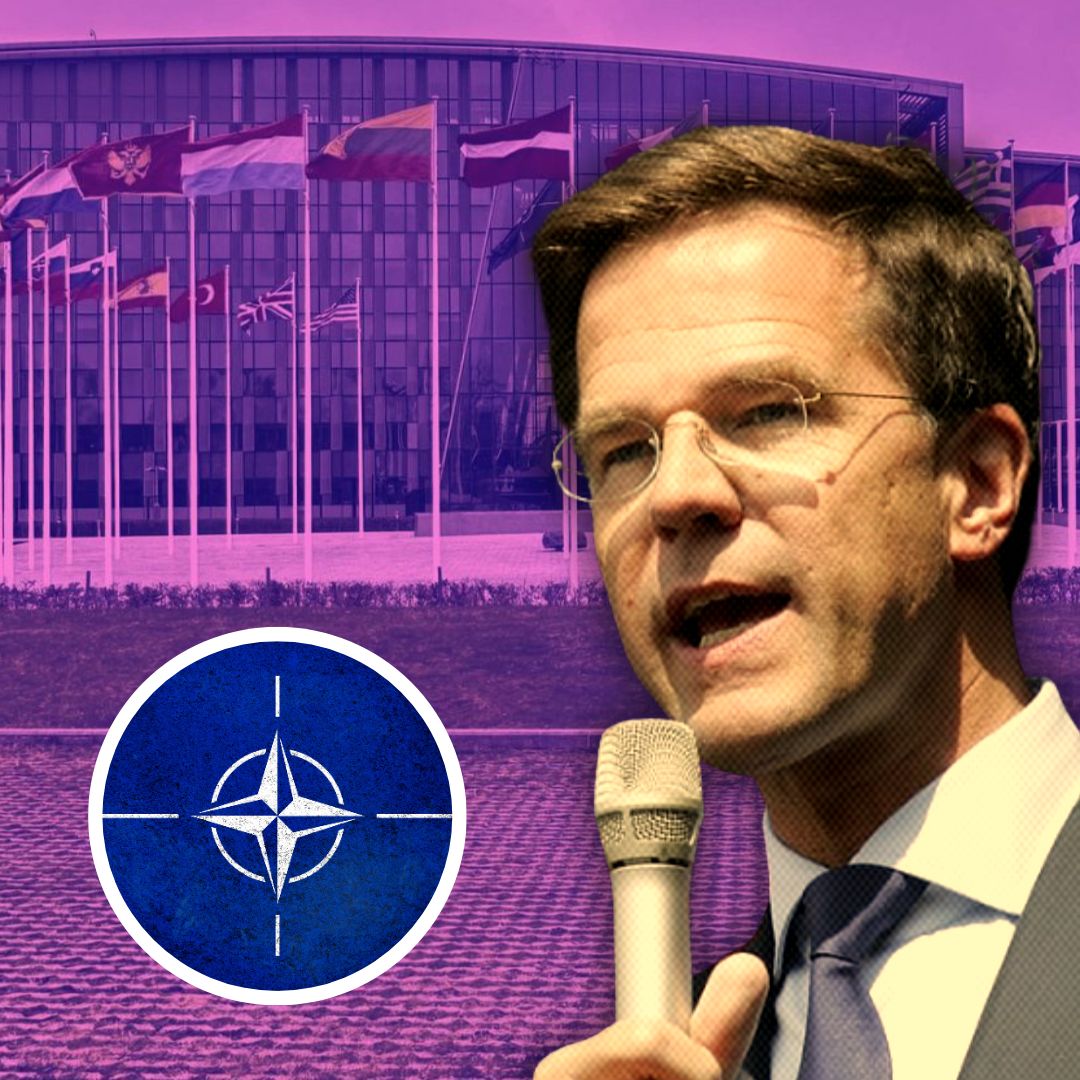NATO Secretary General Mark Rutte has issued a stern warning to India, China, and Brazil about the severe economic risks of continuing trade with Russia amid the ongoing Russia-Ukraine conflict. Speaking at a meeting with US senators in Washington, Rutte urged these countries’ leaders to pressure Russian President Vladimir Putin to engage seriously in peace talks, warning that failing to do so could lead to 100% secondary sanctions on their economies.
This warning follows US President Donald Trump’s announcement of new military aid to Ukraine and a threat to impose “biting” 100% tariffs on buyers of Russian exports if no peace deal is reached within 50 days. The US and NATO’s coordinated efforts raise the stakes for these major emerging economies, forcing them to navigate complex diplomatic and economic pressures.
Economic Fallout and Diplomatic Pressure
Mark Rutte emphasised to senators and reporters that India, China, and Brazil risk heavy repercussions if they maintain close commercial ties with Russia, particularly in importing Russian oil and gas. “If you live now in Beijing, or in Delhi, or you are the president of Brazil, you might want to take a look into this, because this might hit you very hard,” Rutte said.
He called on these nations to “please make the phone call to Vladimir Putin and tell him that he has to get serious about peace talks,” adding that without such efforts, sanctions would “slam back” massively on these countries. Rutte also highlighted cooperation with the US, which plans to supply Ukraine with advanced weapons funded by Europe, reinforcing diplomatic resolve for peace through pressure.
Context of Existing Trade and Security Concerns
The warning comes as India, China, and Brazil have increased their trade with Russia, particularly in energy supplies, since the outbreak of war in Ukraine. India, for example, now sources over one-third of its crude oil from Russia, a sharp rise from pre-conflict levels.
This economic engagement complicates global sanction efforts aimed at isolating Russia. NATO’s strategy incorporates not only economic sanctions but also military support to Ukraine, reflecting an intensifying geopolitical contest. Officials express concern that without genuine peace negotiations, conflict risks escalating, and foreign powers’ stakes in the conflict grow increasingly entangled.
The Logical Indian’s Perspective
In this complex geopolitical landscape, The Logical Indian urges all countries to uphold peace, empathy, and dialogue, recognising that economic sanctions and military aid cannot replace open negotiations aimed at ending suffering.
While global security and justice must be pursued, it is equally critical to prioritise humanitarian concerns and foster cooperation instead of confrontation.
Nations wielding economic and diplomatic influence should use these tools to advance peace rather than division. How can India, China, Brazil, and the global community contribute constructively to resolving this conflict while balancing national interests and global harmony?












